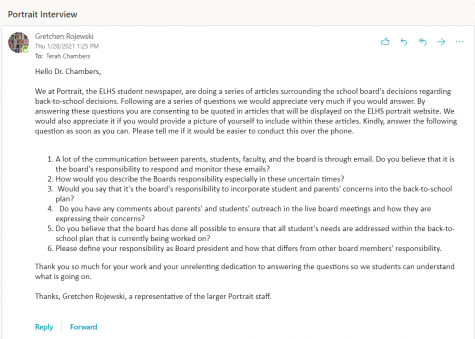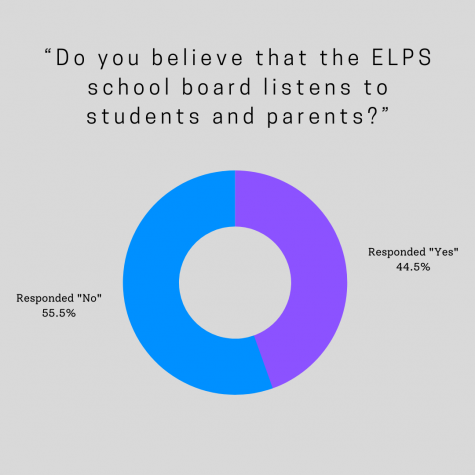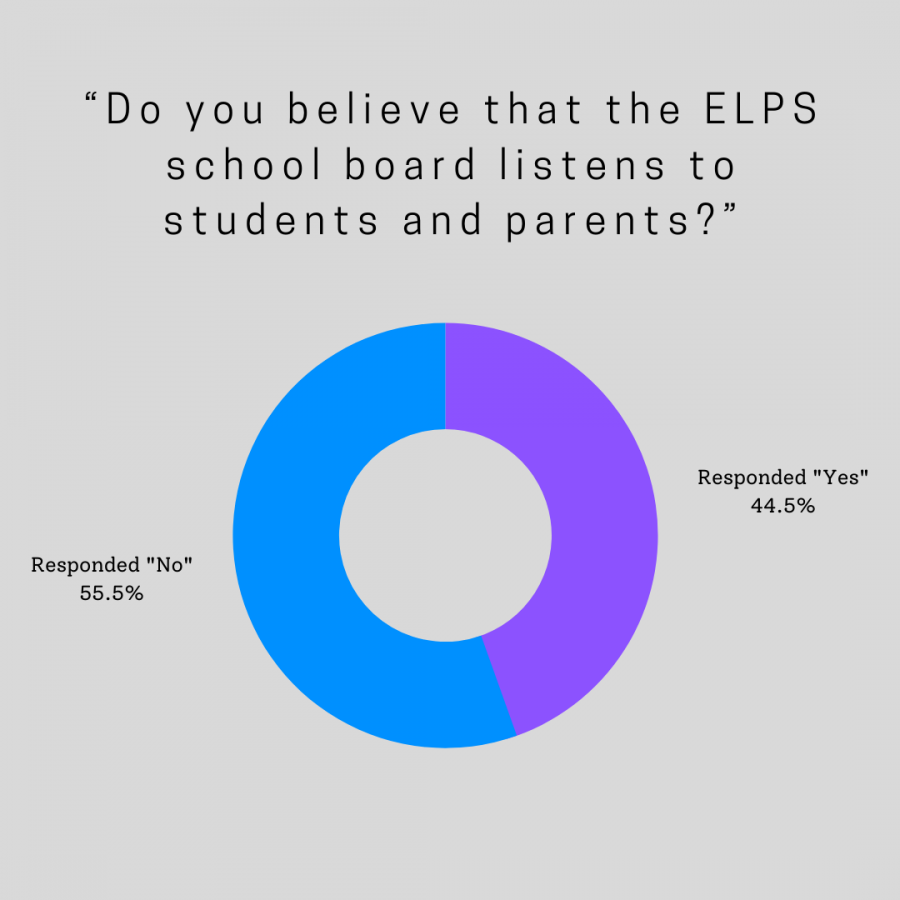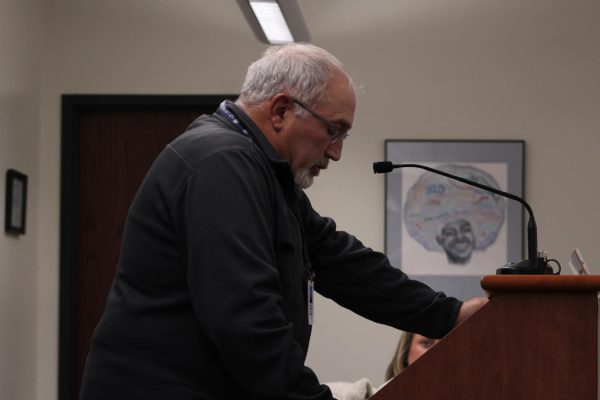The School Board’s Communication Issue
The school board’s concerning lack of response to students
Watching the Jan. 25 school board meeting and examining the released plan, I noticed many students would bring up their concerns to the board in a public comment. But after they spoke, their issues would not be brought up again- the problem would live and die with the speaker. After a month-long battle between parents and staff against the board members The reentry of students into East Lansing’s schools was approved. Students and teachers are going to be sent back as soon as March 1st.
However, not everyone supported the decision and many voices were left unheard. Mine included.
So I wondered, where were the concerns of East Lansing students going if not into the plan of their own reentry?
Throughout researching this topic I have had the opportunity of officially reaching out to three students and one teacher alongside multiple informal conversations with students, which helped form a well-rounded opinion on this issue.

I reached out twice through email to School Board President Dr. Terrah Chambers, one on Tuesday, Jan 26, and again on the following Thursday. As of now, I have yet to receive a reply.
After getting no response to my questions, I felt voiceless. While I didn’t believe all students felt the school board was having this communication issue, I put together a poll to determine where exactly the student population stood. On the public Portrait Instagram, I asked the question, “Do you believe that the ELPS school board listens to students and parents?” 68 students replied to the poll, 61% of which said no, 39% replied yes. 61% is a staggering amount of students, even though this is simply a sample size of people that responded, 61% is a majority and by a difference of 11 percent, 121 ELHS students, it makes the contrast stark.
Regardless of whether the school board would actually respond to students, if students don’t believe they would, that’s a problem within itself.
In a collection of studies published in 2008 by Educational Administration Quarterly, it was concluded that school board leadership had a profound effect on teachers’ performance and, in turn, a great effect on the students. “School leader efficacy-building on the part of district leaders, our evidence suggests, is most closely associated with their efforts at organizational redesign (e.g., building collaborative cultures and the structures which encourage collaboration).”
If East Lansing cannot foster a collaborative environment between the board and its students, how can students be expected to perform at even half capacity in these tumultuous times?

The answer to this is a simple solution; communication. We, as students of this district, are able to speak for ourselves. But communication also demands people to listen, which our current board refuses to do by allowing our voices to fade. To listen and act with our best interests in mind.
One thought in regards to communication: even if the school board’s plan included comprehensive solutions, the board still has a clear problem with being unreachable whether that addresses ignoring emails or having contact information buried in less accessible places.
As students, we have a right to ask questions and easily access information about issues that concern our own health and safety. Board members are elected to serve our community.
So although I understand that there will always be people unhappy with the decisions made, the board has a responsibility to ensure that students have space where their voices will be heard, and a say in our own futures.
If we as students are deemed as an unworthy voice, how are we meant to become worthy people?
###

Gretchen is a member of the Class of 2023 and is the Visuals Editor-and-Chief for Portrait. This is her third year on staff as a senior. Gretchen’s favorite...









